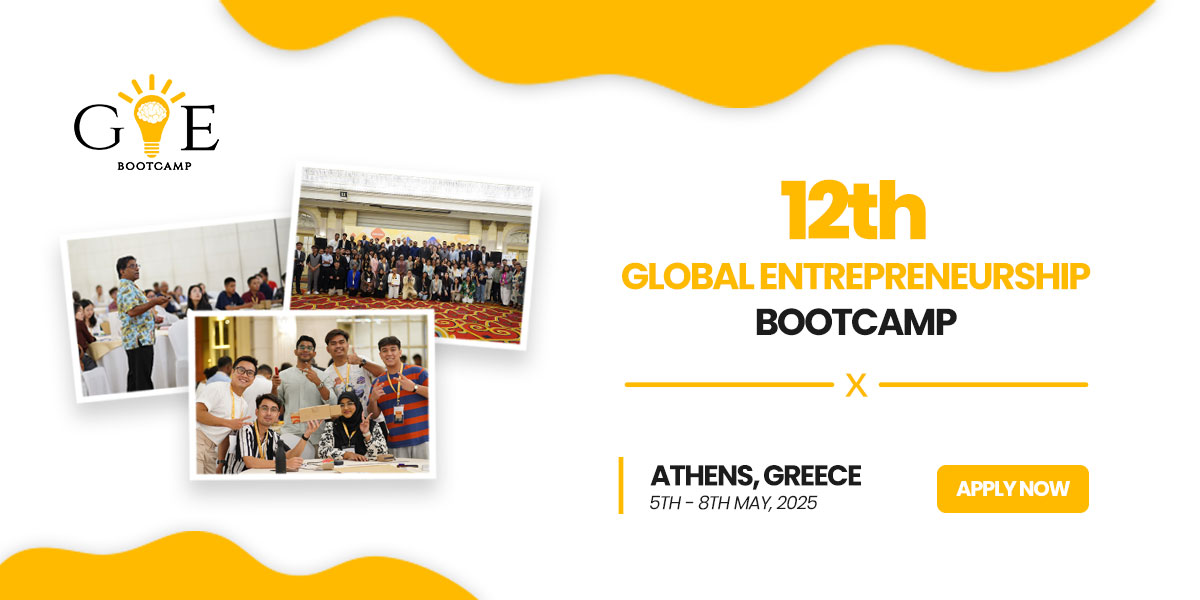
Pan-African Awards for Entrepreneurship(prizes up to $15,000 )
Country: UK
City: London
Details
Applications are open for Pan-African Awards for Entrepreneurship in Education. The Pan-African Awards for Entrepreneurship in Education recognize African-driven and African based organizations. Further, addressing skill gaps, financial insecurity, and also, underemployment through innovative entrepreneurial education programs. With an emphasis on sustainability, the awards offer monetary prizes up to $15,000. Further, as an investment in organizations whose inspirational work is transforming the futures of African Youth. Supported by The Saville Foundation and also, managed by Teach A Man To Fish, the Pan-African Awards combine the aims and expertise of both organizations.
Benefit
- First Prize of $15000
- Two runners up $5000
- Future partner prize $5000
Eligibility
- open to all organizations with a focus on education located in one of the 55 African countries. Further, for which awards are available (see below).
- Entries can be submitted on behalf of another organization – e.g. by non-African NGOs on behalf of their local partner/office – however prize monies and conference travel bursaries must be claimed by and used for the benefit of, the Africa-based organization itself.
- Further, All entries must be accompanied by work contact details of a suitable referee who is able to confirm that the contents of the entry are a true and accurate representation of the entrant’s work
- Referees must be:
i) independent of your organization
ii) either a government - official, qualified professional, or a senior employee of an internationally recognized institution.
- Qualified professionals for the purpose of this competition include teachers (employed by a different institution), doctors, lawyers, judges, accountants, bankers, engineer.
Selection criteria
The main features of the projects and programs they award are:
- Entrepreneurial: Tackling problems in education by teaching, training and Further, empowering young people through hands-on entrepreneurial experience or generating income to fund education.
- Sustainable: Generates funding beyond donations and subsidies as a primary source of income, also, able to retain and grow participants and promotes environmental protection.
- Create Impact: Demonstrate measurable results for educational achievement and also, economic outcomes for participants and also, the wider community.
- Experiential: Provide students with hands-on experience in a live environment
Specifications
| Type of Opportunity | Competitions and Awards |
|---|---|
| Deadline | 16 August,2019 |
| Country | UK |
| City | London |
| Open to | African based organisations |
| Organizer | The Saville Foundation & Teach A Man To Fish |
| Contact the organizer | [email protected] |
